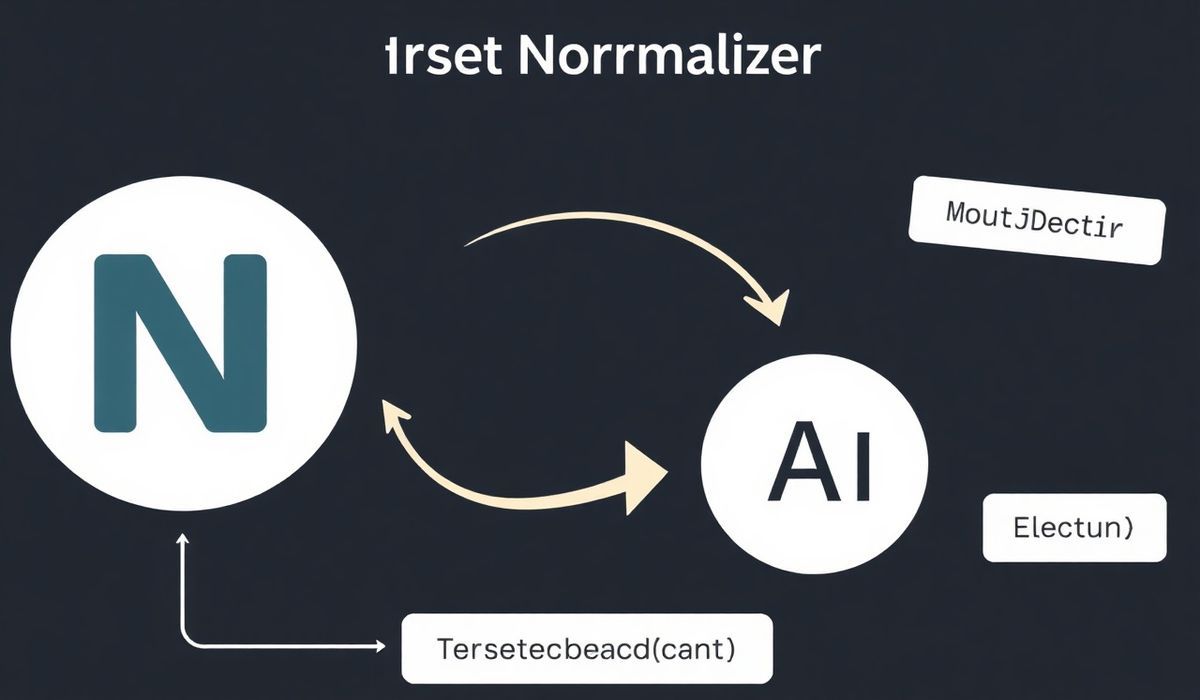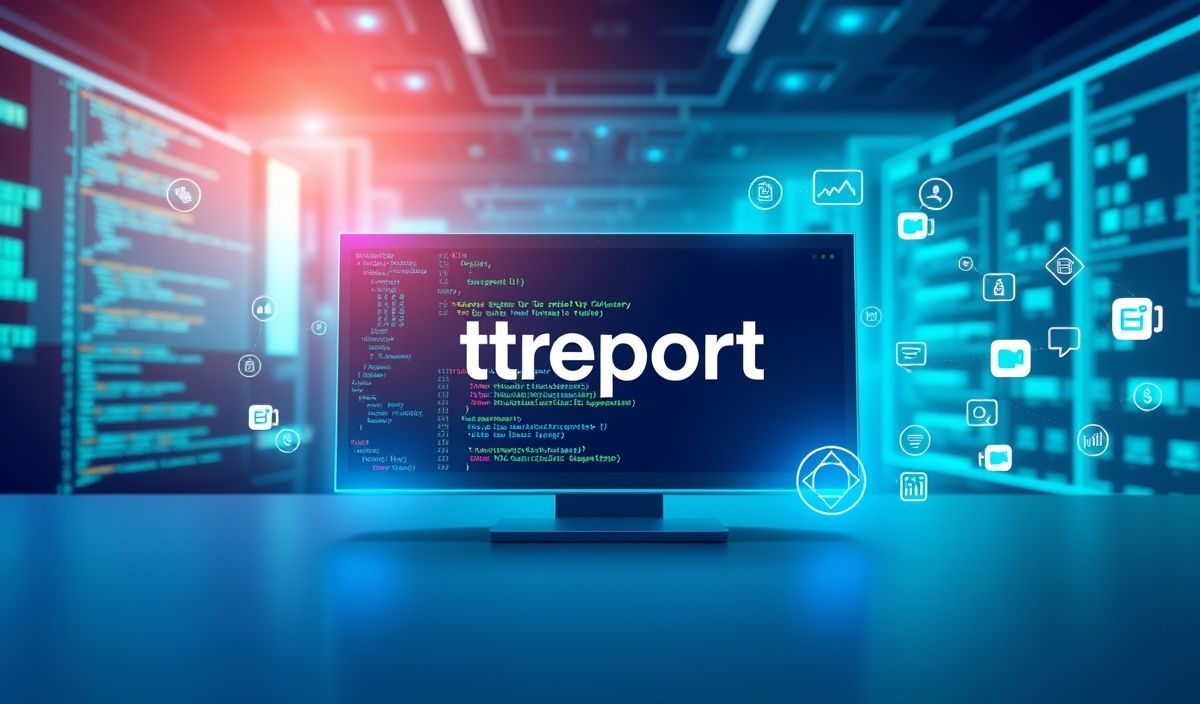Introduction to Charset Normalizer
When working with text data, especially in a multilingual environment, encoding issues can wreak havoc on your pipelines. Charset Normalizer is a Python library designed to detect, normalize, and convert text encodings in a seamless and efficient way. With its robust API, developers can ensure their applications handle text data reliably, regardless of the source encoding. In this post, we will explore Charset Normalizer’s capabilities and demonstrate its use through practical examples and use cases.
Installation
To get started with Charset Normalizer, you can install the library using pip:
pip install charset-normalizer
APIs and Examples
Here are some of the most commonly used APIs provided by Charset Normalizer, along with code snippets to demonstrate their usage.
1. Auto-detect Encoding
The from_path method detects the encoding of a given text file automatically:
from charset_normalizer import from_path
results = from_path("example.txt")
if results:
print("Detected Encoding:", results.best().encoding)
else:
print("No encoding detected.")
2. Normalize Encoding
Normalize a text file’s encoding to a standard encoding, such as UTF-8, with ease:
normalized_result = results.best().output()
with open("normalized_file.txt", "wb") as f:
f.write(normalized_result)
3. Detect Encoding from Raw Bytes
Charset Normalizer also supports encoding detection from raw bytes:
from charset_normalizer import from_bytes
with open("binary_file.dat", "rb") as f:
raw_data = f.read()
results = from_bytes(raw_data)
print("Detected Encoding:", results.best().encoding)
4. Perform Batch Normalization
Handle multiple files for encoding detection and normalization in one go:
from charset_normalizer import from_path
import os
directory = "./text_files"
for file_name in os.listdir(directory):
if file_name.endswith(".txt"):
results = from_path(os.path.join(directory, file_name))
if results:
print(f"File: {file_name}, Encoding: {results.best().encoding}")
5. Analyze Text Content
Retrieve additional metadata and details about the textual content:
best_result = results.best()
print("Encoding:", best_result.encoding)
print("Confidence:", best_result.confidence)
print("Language:", best_result.language)
Real-World Application
Here’s an example application that uses Charset Normalizer to process a batch of text files, detect their encoding, normalize them to UTF-8, and store the normalized output. This might be useful for preparing multilingual datasets for Natural Language Processing (NLP):
import os
from charset_normalizer import from_path
input_directory = "./input_texts"
output_directory = "./normalized_texts"
os.makedirs(output_directory, exist_ok=True)
for file_name in os.listdir(input_directory):
input_path = os.path.join(input_directory, file_name)
if file_name.endswith(".txt"):
results = from_path(input_path)
if results:
normalized_content = results.best().output()
output_path = os.path.join(output_directory, file_name)
with open(output_path, "wb") as f:
f.write(normalized_content)
print(f"Normalized {file_name} to UTF-8.")
else:
print(f"Skipping {file_name}: No encoding detected.")
Conclusion
With its simplicity and robust API, Charset Normalizer is an essential tool for Python developers handling diverse text encodings. From detecting text encodings to normalizing them for consistent processing, this library ensures your applications can handle text data from various sources with ease. Download it today and simplify your text processing pipelines!




